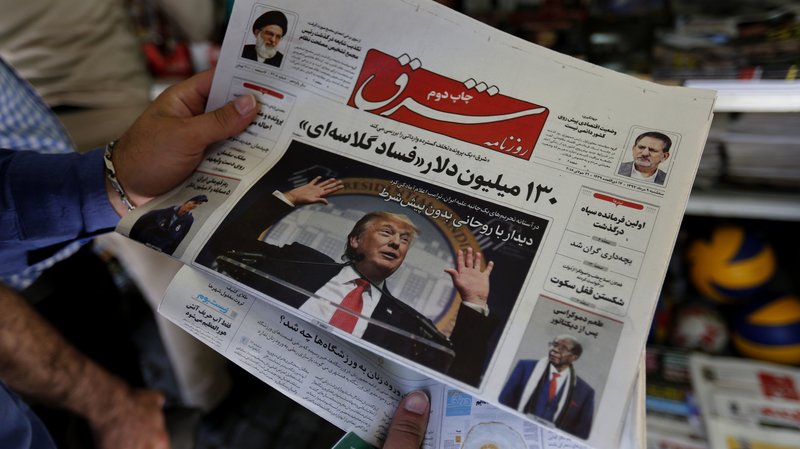
At the Verso blog, Iman Ganji interviews Michael Hardt about the geopolitical implications of US’s recent threats against Iran and Venezuela, and more generally about how Trump has wielded US hegemony. Hardt suggests that despite his big talk, Trump remains constrained by the same circumstances that constrained his predecessors: an increasingly multipolar world in which US imperial power has been significantly diminished. Here’s an excerpt:
IG: Can we say, in light of the shift inalliances between the world-powers, the resurgence and reinvigoration of ultra-nationalism, and the deepening of already existing xenophobia, are we witnessing a substantial transformation in the dynamics of Empire? Are we entering a new era of imperialism, where we need to revive and reconceptualize the classical conception of imperialism?
MH: In my view, we are not seeing any return to classical conceptions of imperialism. The defeats of the US military in Iraq and Afghanistan along with the 2008 economic crisis originating in the US demonstrate that the US is not capable today of unilaterally dictating global power relations. It is not able to create a stable hegemonic presence for profits, as a proper imperialist power must. The US does remain very powerful, of course, especially in military terms. But really it can only act successfully within the context of a global power structure, that is, within Empire.
I view the various manifestations of nationalism and calls for national sovereignty — America first! Prima l’Italia!, Brexit! — as the plaintive cries of those who fear being displaced from their positions of privilege in the global system. Like the conservative French peasants whom Marx portrayed as being driven in the mid-19th century by souvenirs of lost Napoleonic glory (and yearning to make France great again), today’s reactionary nationalists are aimed at not so much separation from the global order as such but rather moving back up the rungs of the global hierarchy to their rightful position.
Image via NPR.